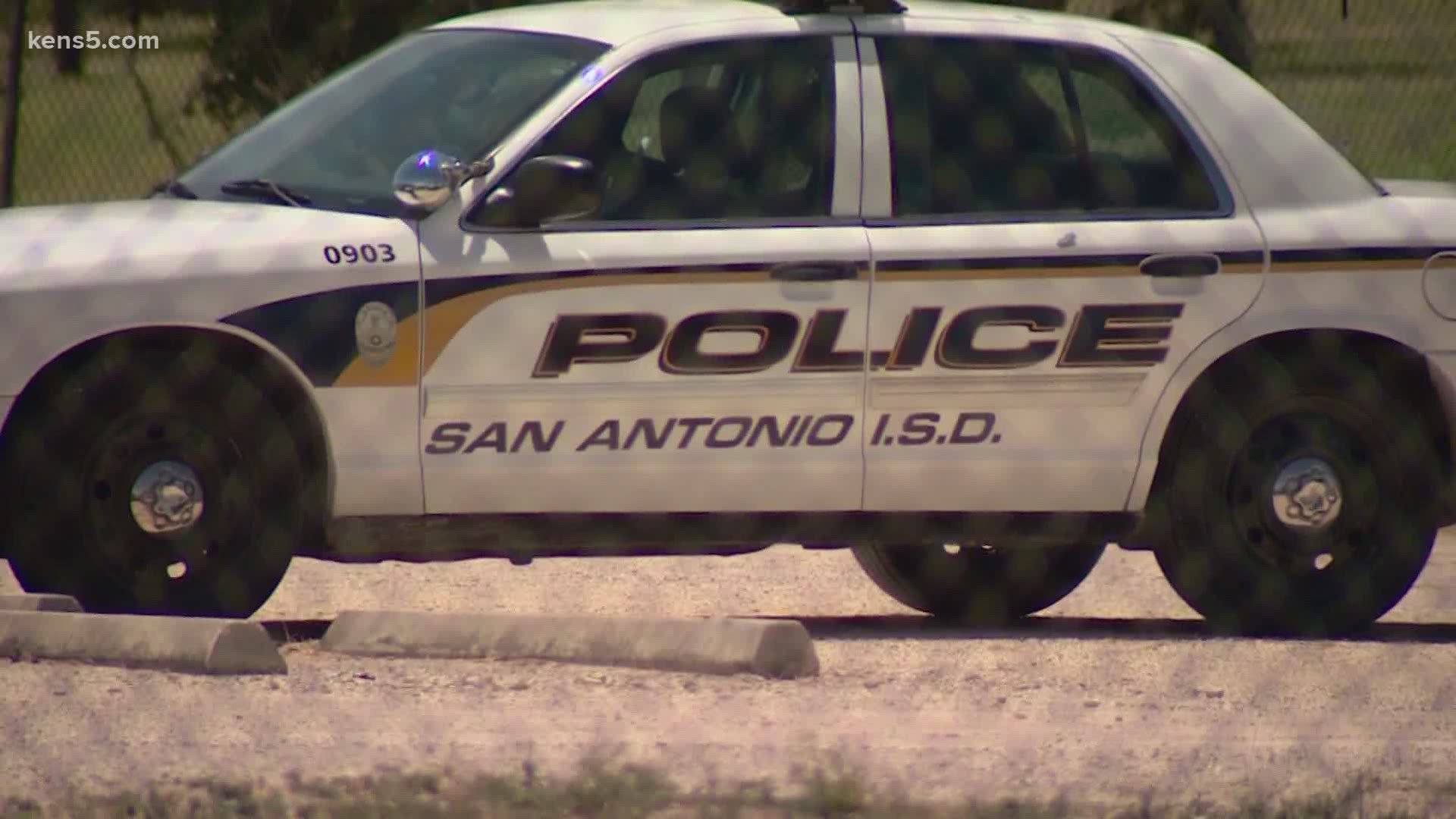SAN ANTONIO — Michael Scott says there will always be a need for a police officer to come to a school. In the same conversation, the Arizona State University-based police expert said having no police officers at a school is not a foreign concept.
“That’s not an unreasonable point of view,” Scott said.
Scott is a clinical professor and director of the university’s Center for Problem-Oriented Policing. The center researches public safety issues and makes its findings available publicly to help solve law enforcement issues. The nonprofit was primarily funded by the U.S. Department of Justice when it first opened.
“These are very important times when the nation’s attention is really focused on what the police do and how they do it,” he said. “And whether or not it fits our current expectations for the police.”
According to Scott, police have 250 routine issues. The Center for Problem-Oriented Policing has researched 75 of those problems, including school police.
He said there are three ways to have police at a school: Create a department, have local law enforcement assign a resource officer or have law enforcement respond when needed—which means no officers on a school campus.
“The question is, for any school: What are the public safety problems in and around this school?” he said. “And how are they best addressed?”
A 15-group coalition of students, parents and teachers – as well as immigration and justice advocates – want the San Antonio Independent School District to dismantle the system’s police department of 34 years.
“We do not plan to eliminate the police department,” SAISD said in a statement.
The district said it is, however, willing to collaborate on restorative practices.
According to Scott, mass shootings created a need to put officers at schools. Now, the cry is for change.
Scott said defining the role of an officer at a school is critical. He remembers there being a spectrium of what we recognize as school police, encompassing everything from anti-drug or D.A.R.E. officers to disciplinarians based on loose agreements with school administrators.
“Sometimes we had to remind the school official – the principal, for example – that we did not intend to have our police officers to be hall monitors, to be a school rule enforcer or to be strict law enforcement officers arresting students on minor criminal violations.”
The former police chief and law enforcement research specialist said officers should have a different experience than that.

